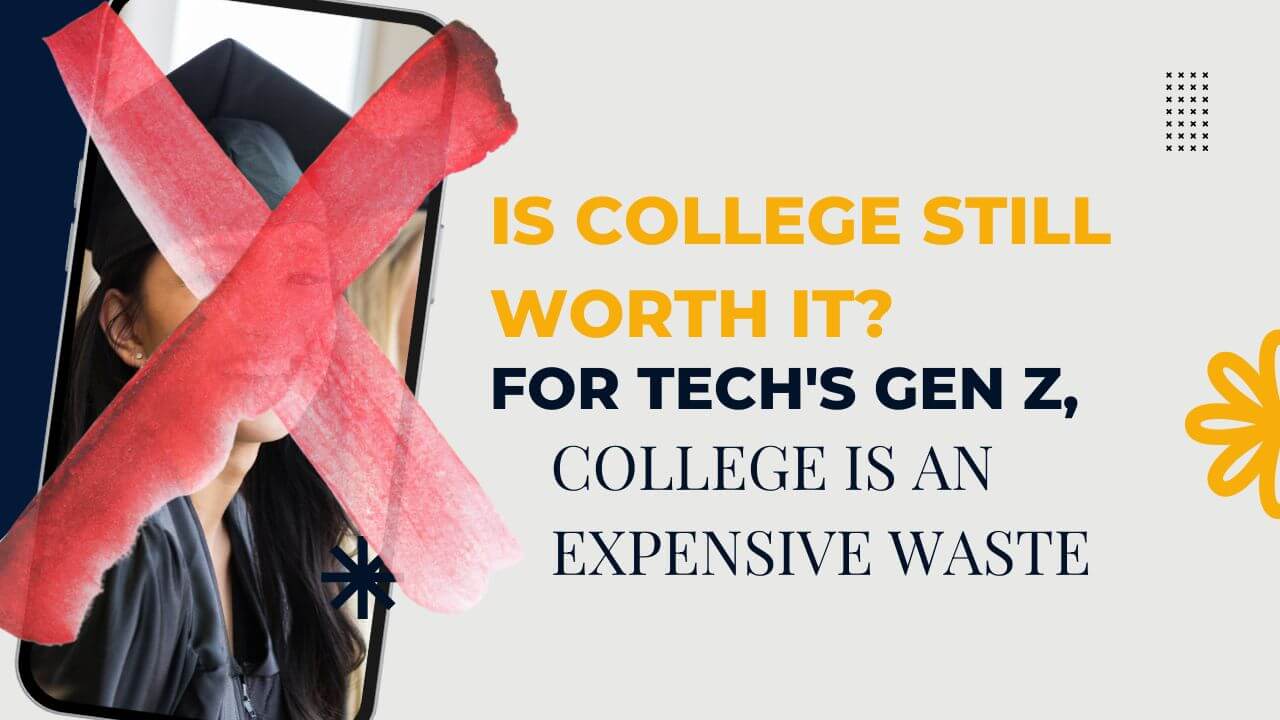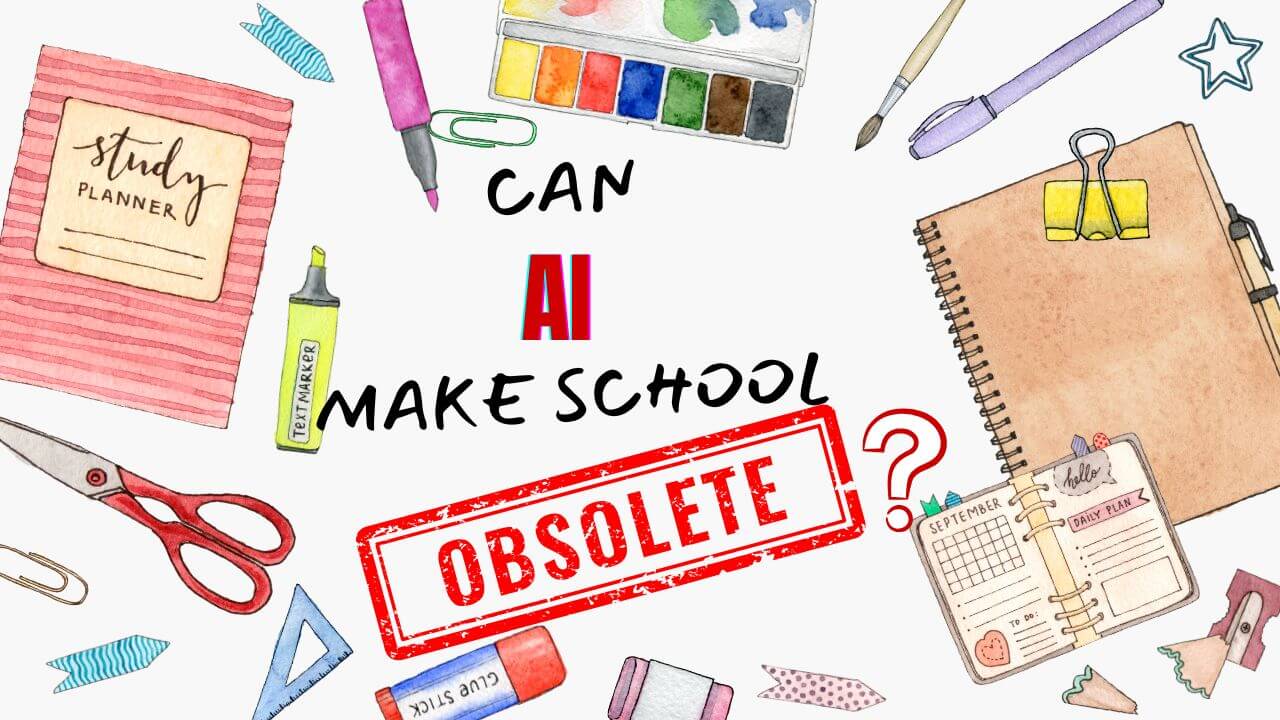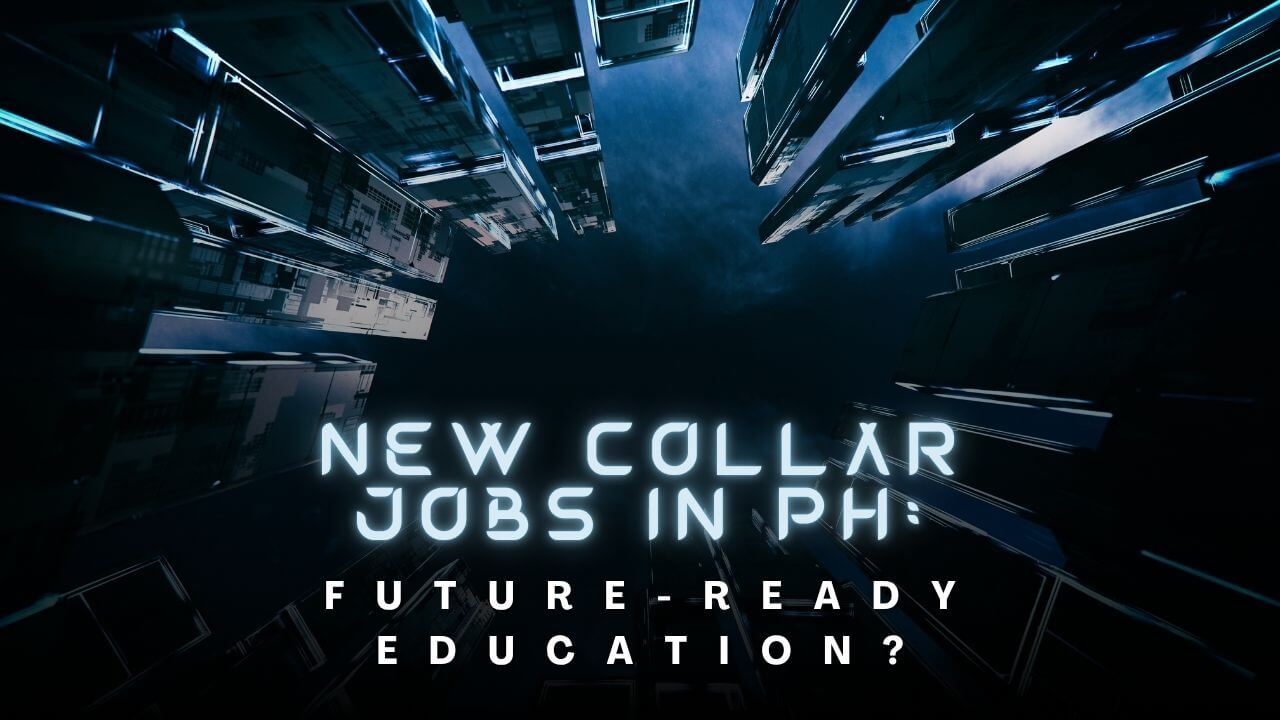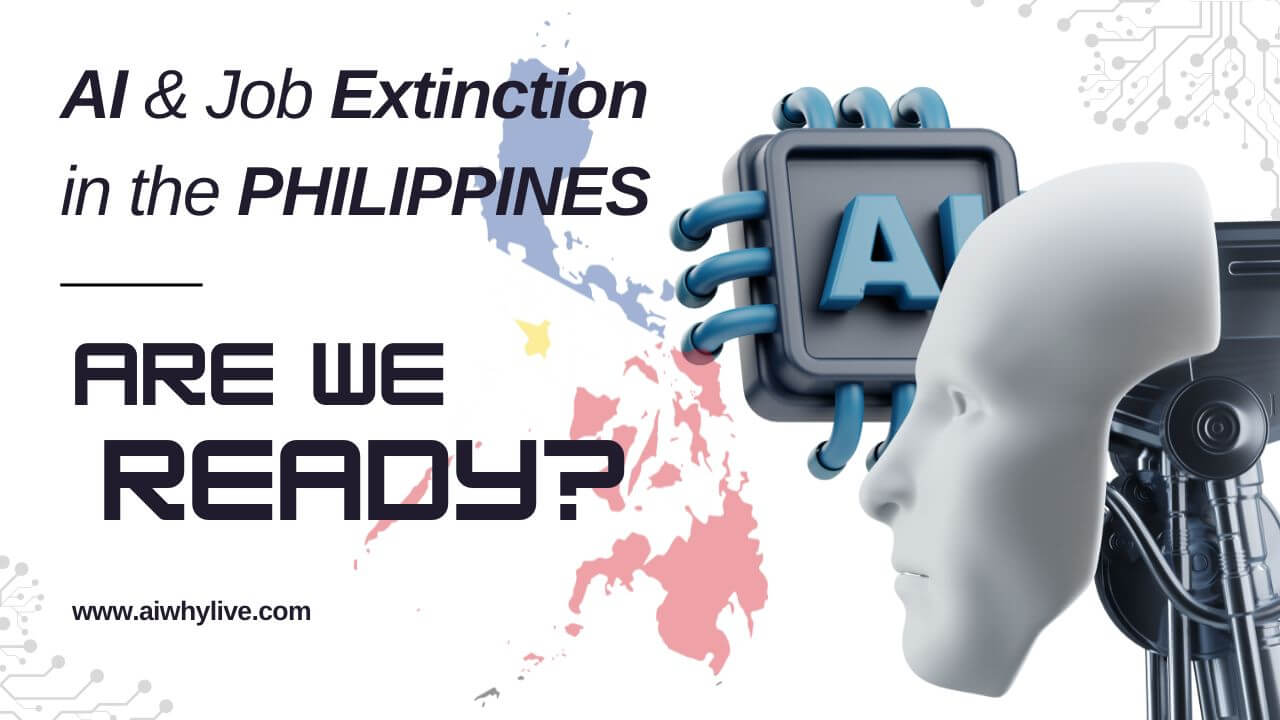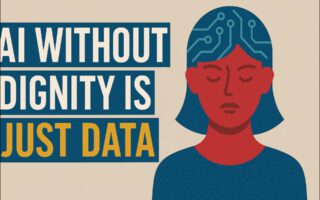The Shift: Why Gen Z Is Skipping College for Startups
A recent MSN feature reveals a growing trend in Silicon Valley: young tech talents are bypassing college altogether. Instead of pursuing traditional degrees, they’re diving straight into internships, startups, and AI-powered ventures.
Take Sebastian Tan, a top student who deferred his Stanford admission to join Palantir’s Meritocracy Fellowship—a paid program that encourages 18-year-olds to “skip the indoctrination” of college and get real-world experience. His reasoning? College teaches theory, not the hands-on skills needed to build a startup.
This isn’t just a rebellious phase. It’s a calculated move driven by:
- Skyrocketing tuition fees (some degrees now cost over $500,000)
- Student debt averaging $30,000+
- AI tools are lowering the barrier to entry for coding, design, and entrepreneurship
- Venture capitalists are actively funding young founders without degrees
Even tech titans like Mark Zuckerberg and Palantir CEO Alex Karp are questioning the value of higher education. Karp bluntly stated, “Everything you learned at your school and college about how the world works is intellectually incorrect.”
🤖 Flashback: What We Said About AI vs. Traditional Schooling
In our previous article, “Can AI Make School Obsolete (And Why That’s Good)”, we explored how AI is already disrupting education, especially in the Philippines. We highlighted:
- Overcrowded classrooms and outdated curricula
- High dropout rates (up to 40.98% in 2022–2023)
- Lack of access to textbooks, internet, and basic infrastructure
- The growing literacy gap and the Human Capital Index struggles
We argued that AI could offer personalized, accessible, and skill-based learning that traditional schools simply can’t match. And now, this new wave of Gen Z tech founders is proving that point, not just by using AI to learn, but by using it to build companies.
🇵🇭 Filipino-Fy It: What This Means for the Philippines
Let’s bring it home. In the Philippines, the idea of skipping college might sound radical—but it’s not far-fetched. Here’s why:
1. The Cost of College Is Crushing
While not as expensive as U.S. universities, many Filipino families still struggle to afford tuition, transportation, and daily expenses. And with limited job opportunities after graduation, the return on investment is often questionable.
2. Skills-Based Hiring Is Rising
Global companies—including those hiring remote Filipino talent—are shifting toward skills-first hiring. Certifications, portfolios, and real-world experience are starting to matter more than diplomas.
3. AI Tools Are Leveling the Playing Field
With tools like Copilot, DeepSeek, and ChatGPT, young Filipinos can now:
- Build websites
- Launch e-commerce stores
- Create content
- Learn to code
- Start freelance careers all without a formal degree.
4. The Rise of New Collar Jobs
As we’ve discussed before, new collar jobs—roles that require tech skills but not a college degree—are booming. Think data labeling, AI prompt engineering, virtual assistance, and no-code development. These are accessible, high-paying, and scalable.
🎓 So, Is College Still Worth It?
The answer isn’t black and white. For some careers (medicine, law, engineering), college is still essential. But for many others—especially in tech, design, and digital entrepreneurship—the world is changing fast.
What matters now is:
- What you can do, not just what you studied
- How fast you can learn, not how long you stayed in school
- What you build, not just what you memorize
✊ Final Thoughts: Education, Reimagined
Filipino students and parents need to rethink what success looks like. College is one path—but not the only one. With AI, online learning, and global gig platforms, you can build a career, a business, or even a movement—without a diploma.
At AIWhyLive.com, we’re not anti-education. We’re pro-possibility. And in this new world, the most powerful degree might just be the one you give yourself.
